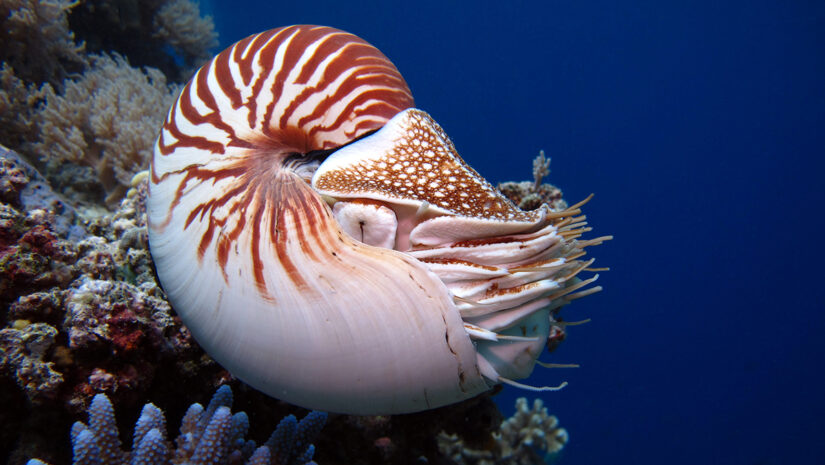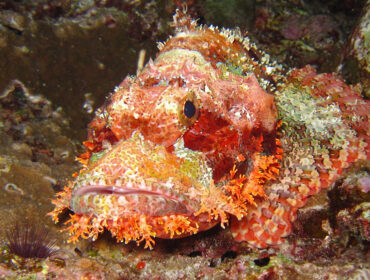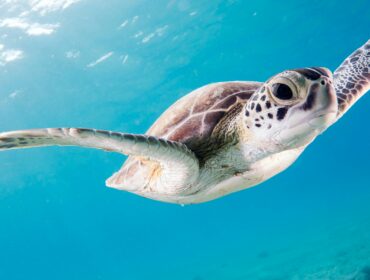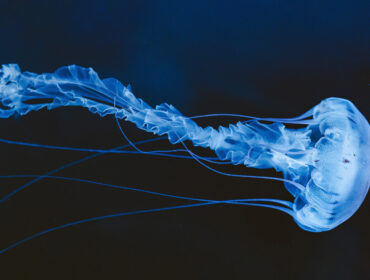Many people easily recognize the beautiful curving shape of a nautilus shell, but few people know much about the actual marine creature. These graceful swimmers are fascinating and distinctive and have also inhabited the oceans since the time of the dinosaurs.
The Nautilus is a type of cephalopod found in the Indo-Pacific, mainly between the southern edge of Asia and the northern edge of Australia. These creatures prefer cooler water temperatures, usually found in deeper ocean parts. However, in some cooler areas, divers can occasionally spot them in shallower waters.
There are several different species of these cephalopods. It is currently thought that there are six other species, but some scientists argue that there are only three species, with some subspecies. Many fossils have also been found that point to several extinct species. Each species has a slightly different size, shell shape, coloration, and home range.
With nearly their entire bodies encased in a large, curved shell, these cephalopods do not look like they are designed for swimming. However, a relatively simple system allows them to move freely. The cephalopod draws water in using a unique tube, which protrudes from the front of the creature near the tentacles. When it wants to move, it releases the water quickly through the same tube. This propels the animal forward. These creatures also hold or release water from their shell if they want to sink or rise in the ocean.
These cephalopods scavenge for their food. They are not picky about what they eat and often consume whatever they can find. Dead fish and the shells of molten crustaceans are usually a convenient meal.
Other cephalopods, such as squid and octopuses, are known to be some of the most intelligent marine creatures. For many years, it was believed that nautiluses were not as bright as their close relatives due to their tiny brains. However, these shelled creatures display a capacity for learning and remembering that surpasses many other marine invertebrates.





